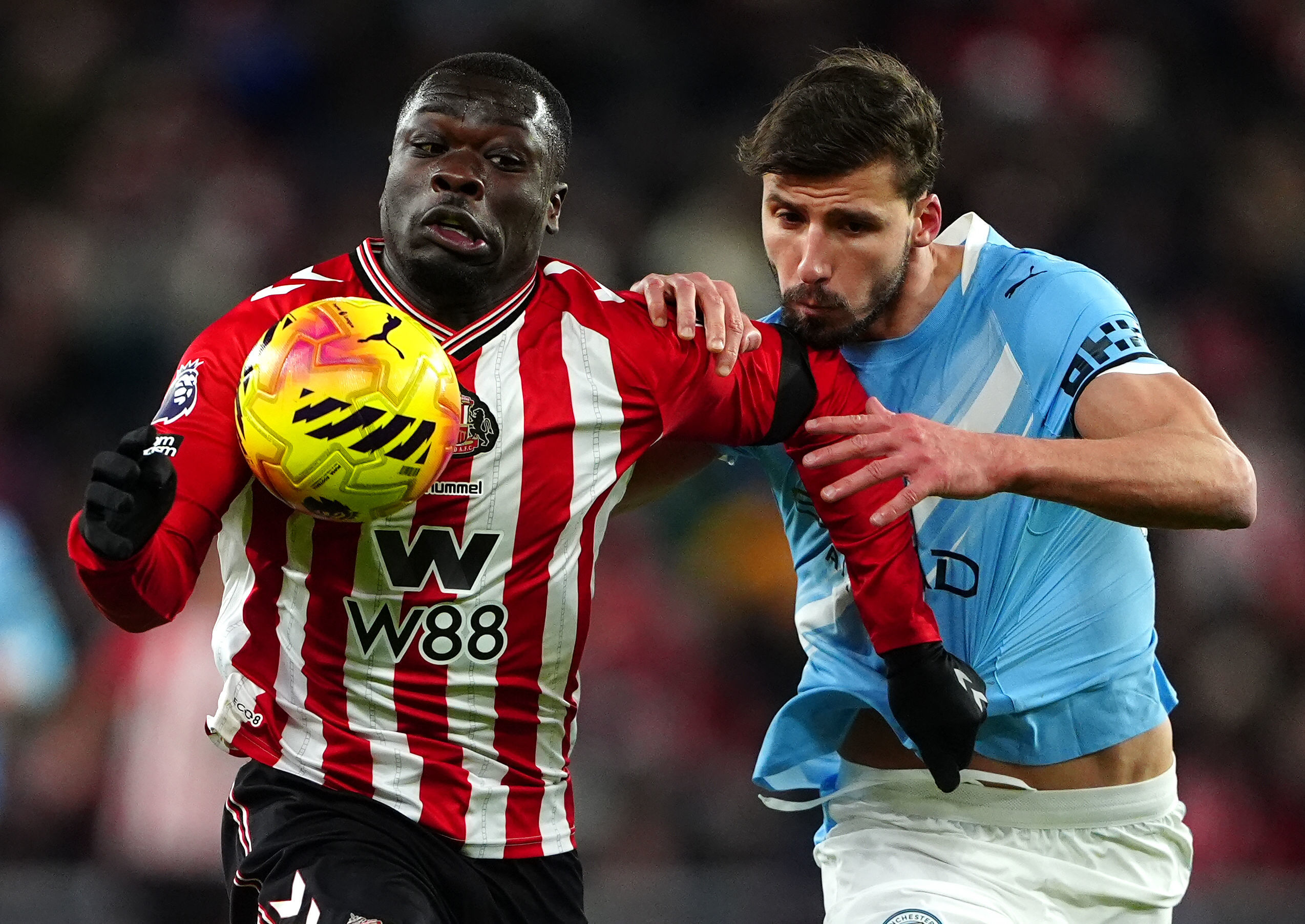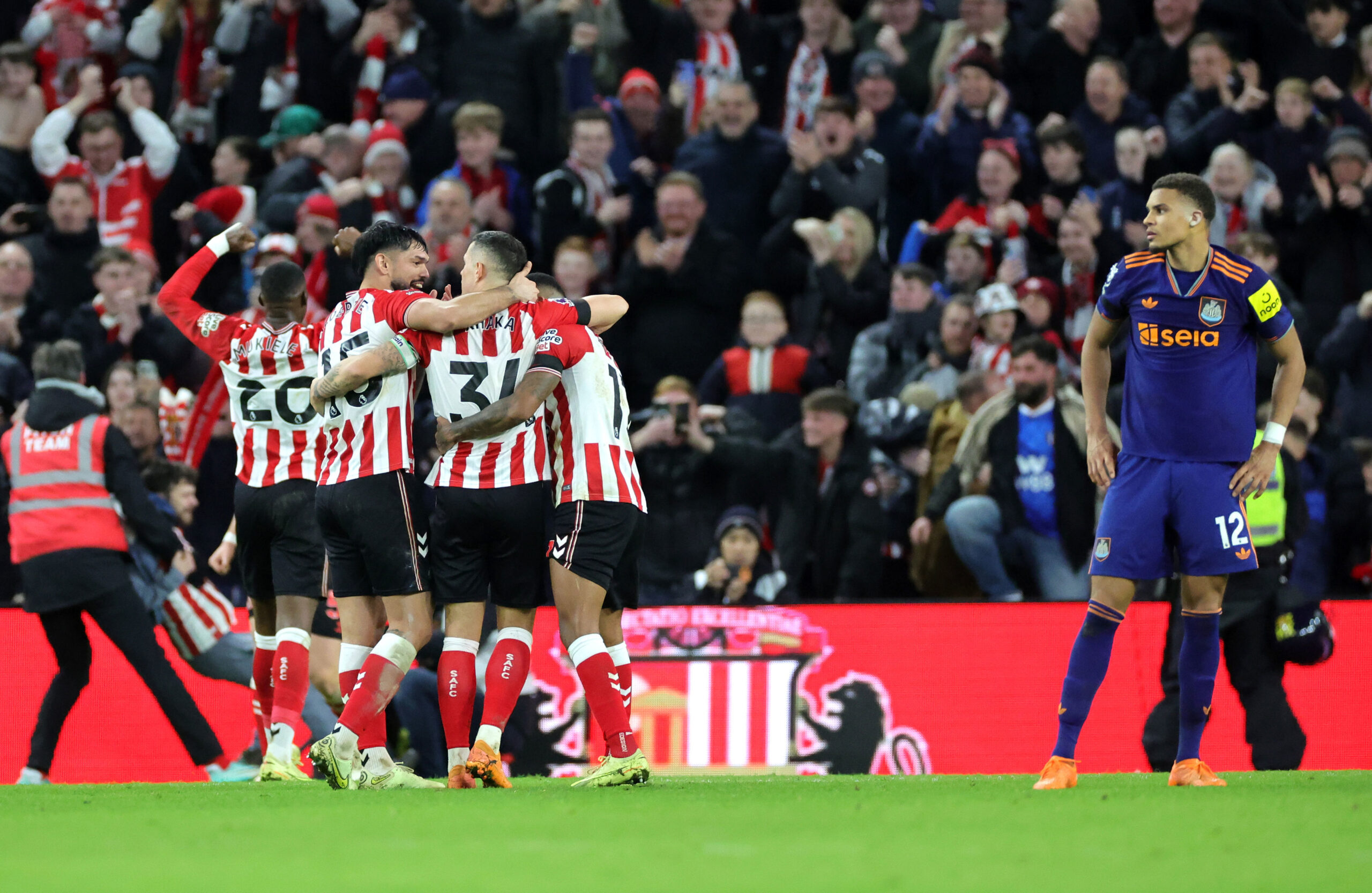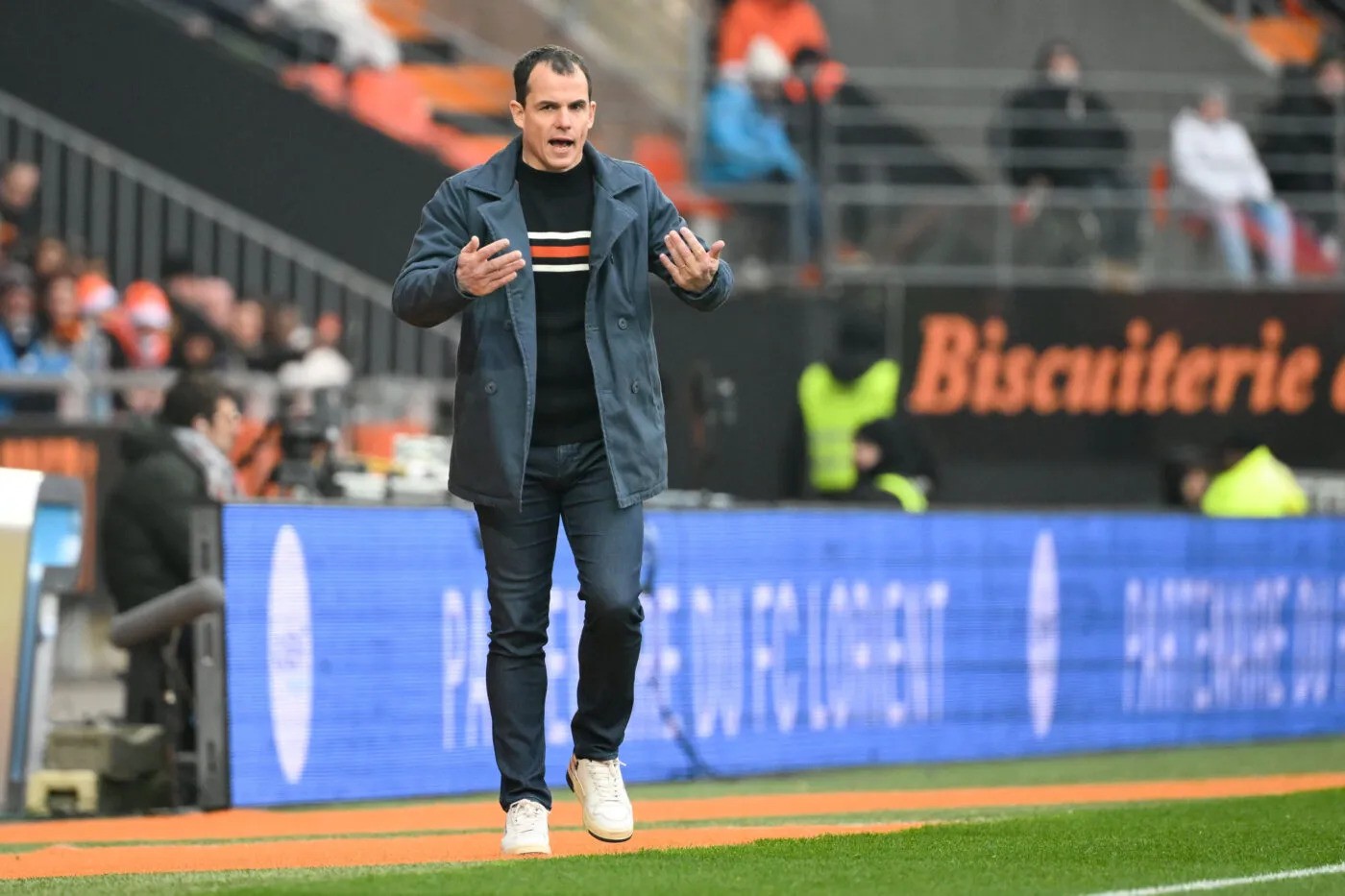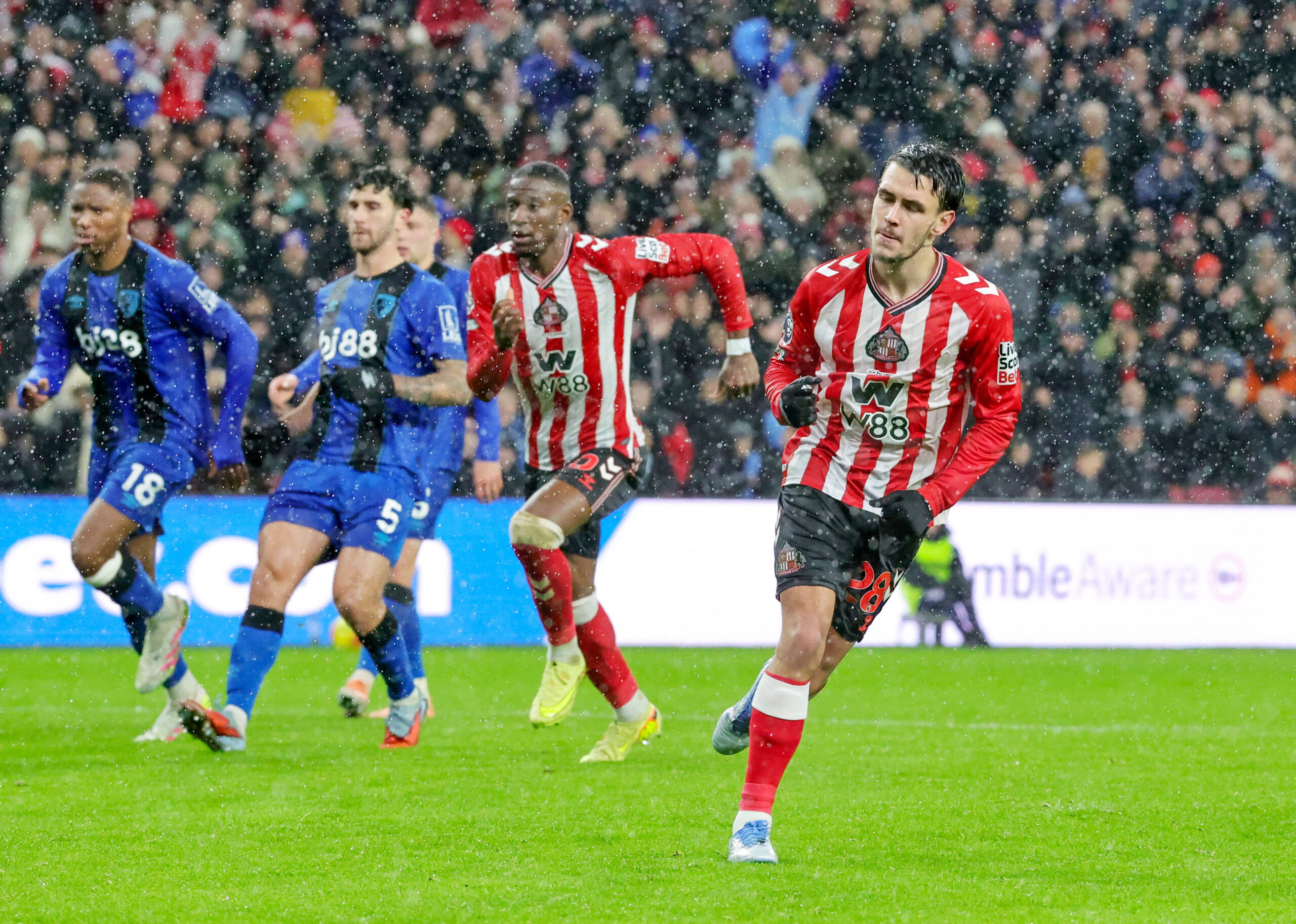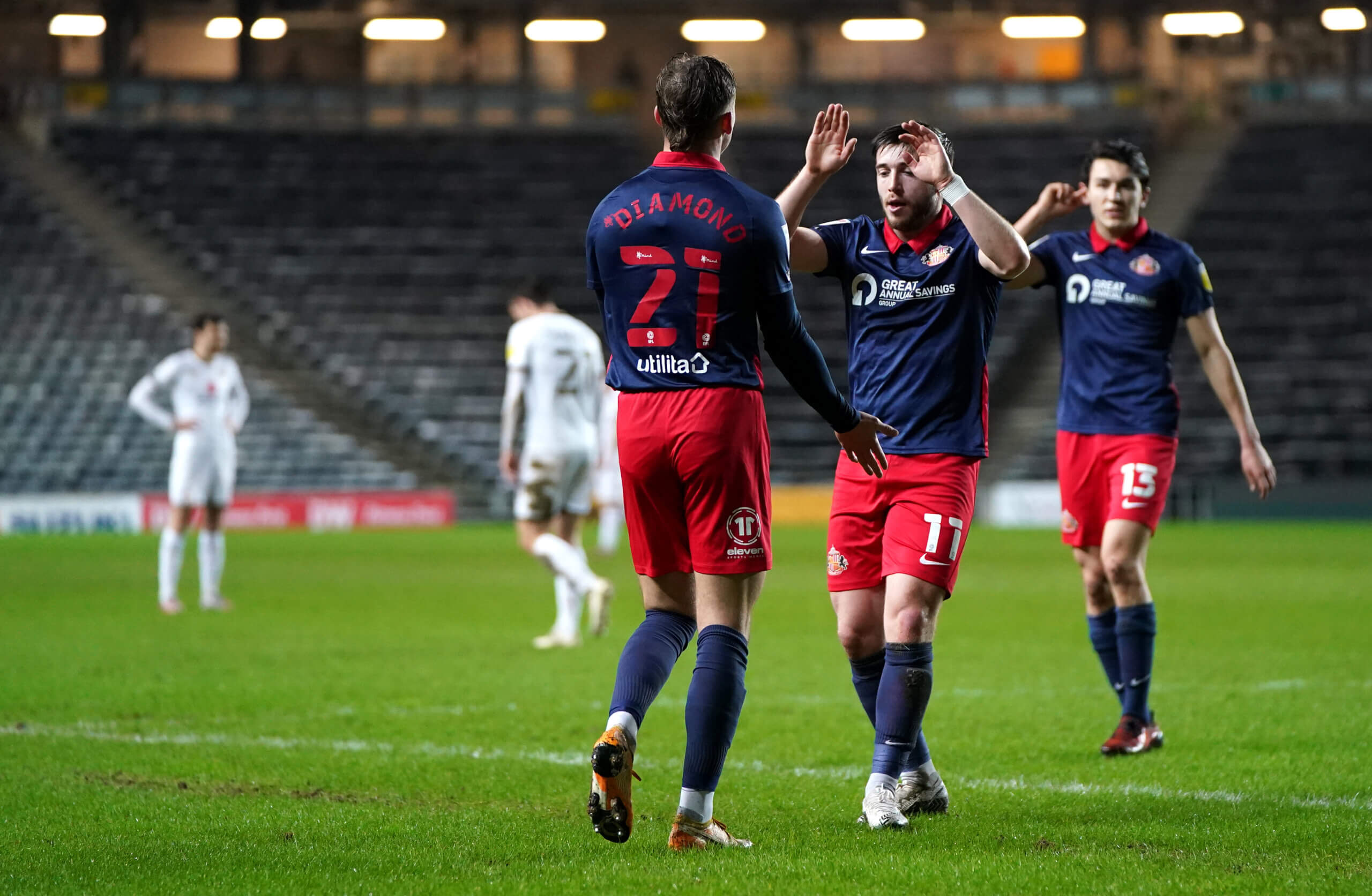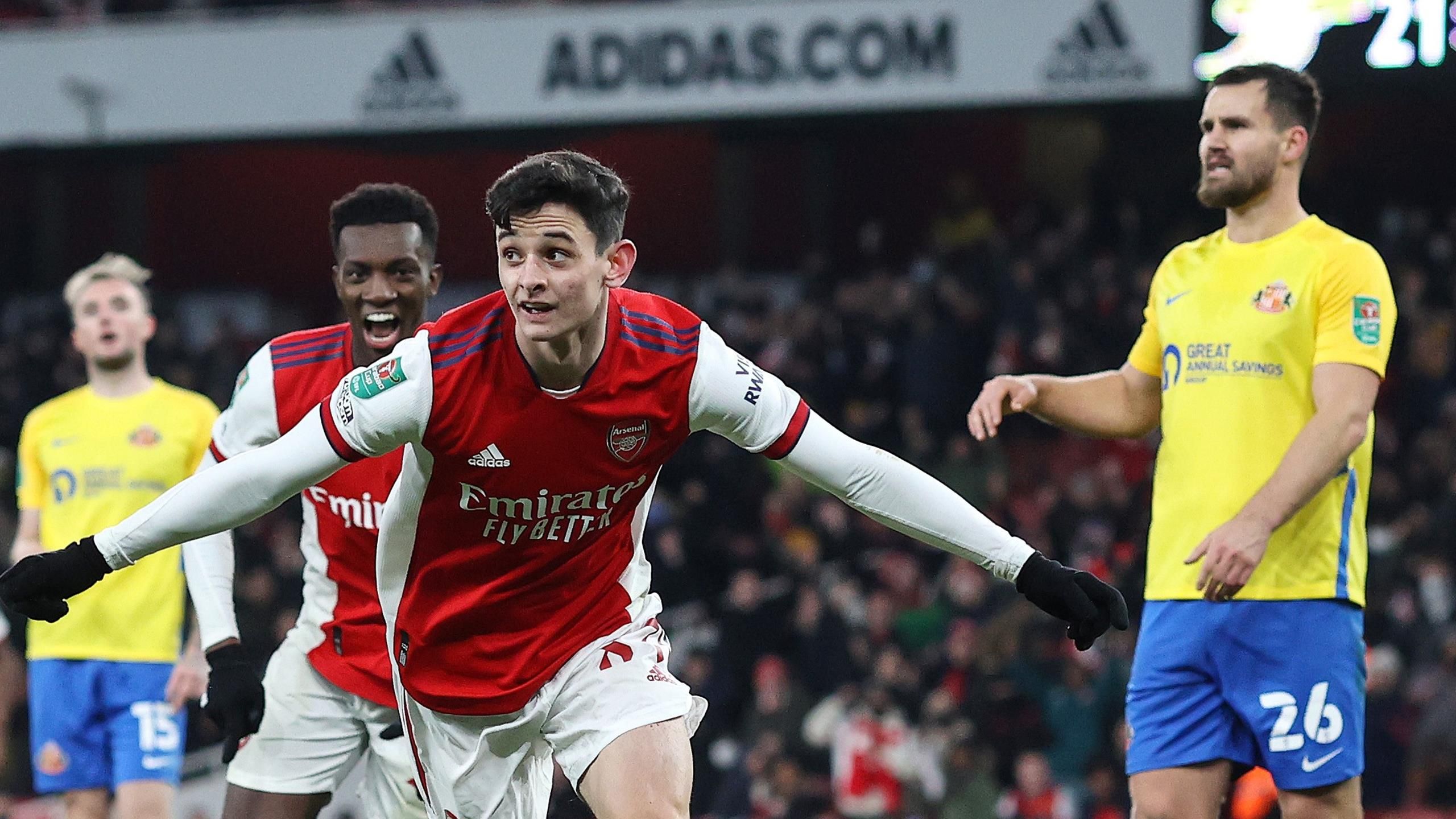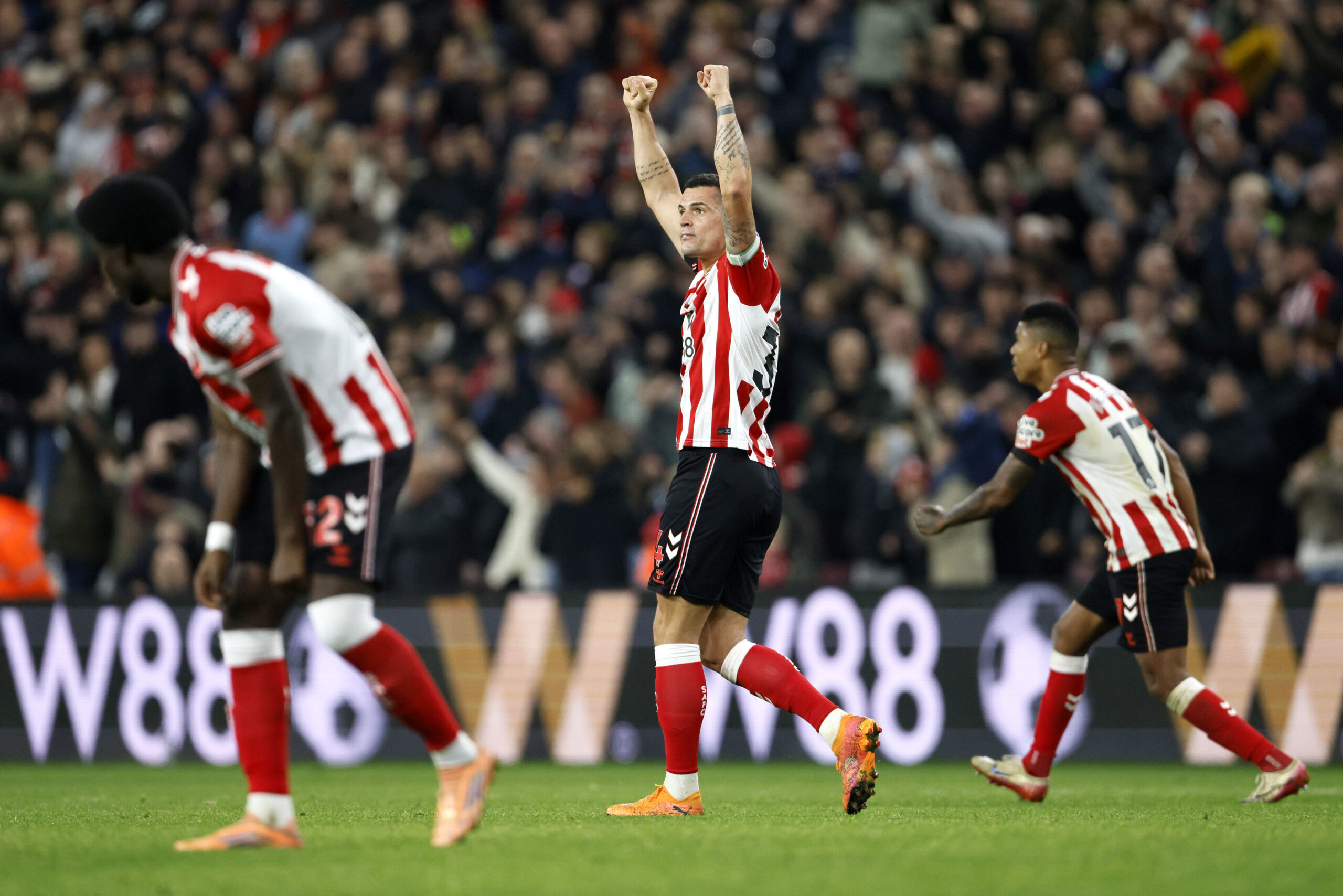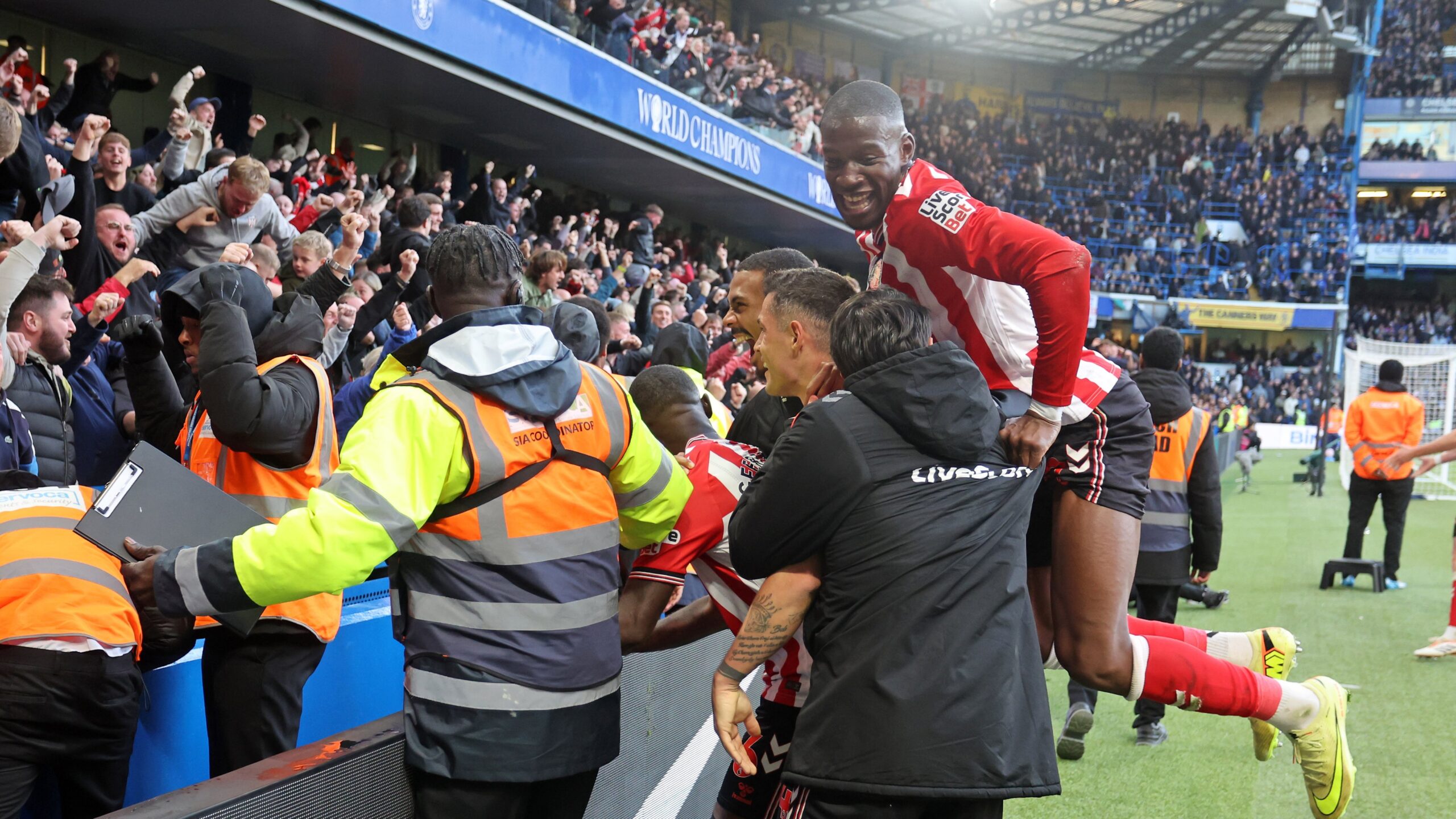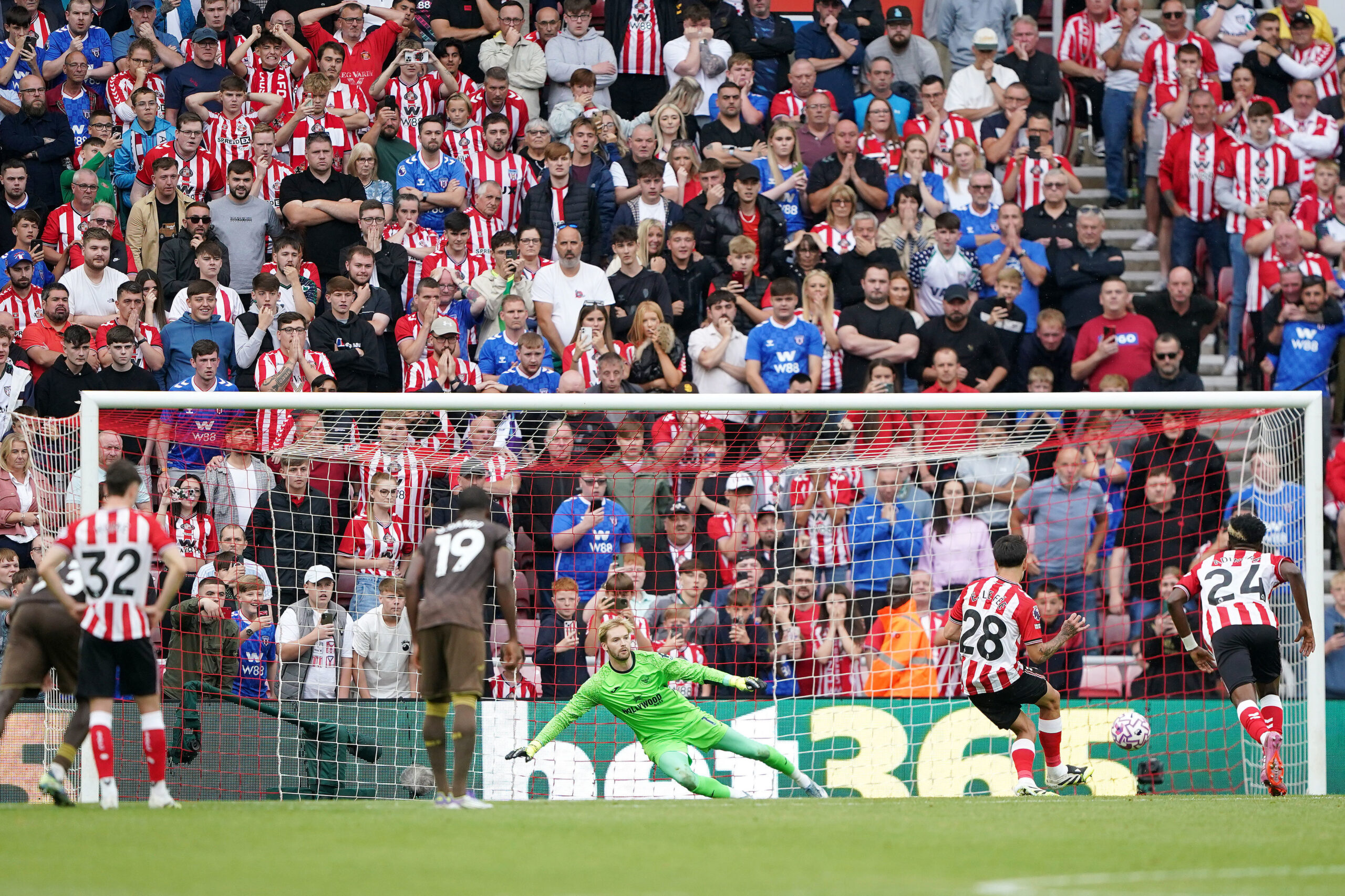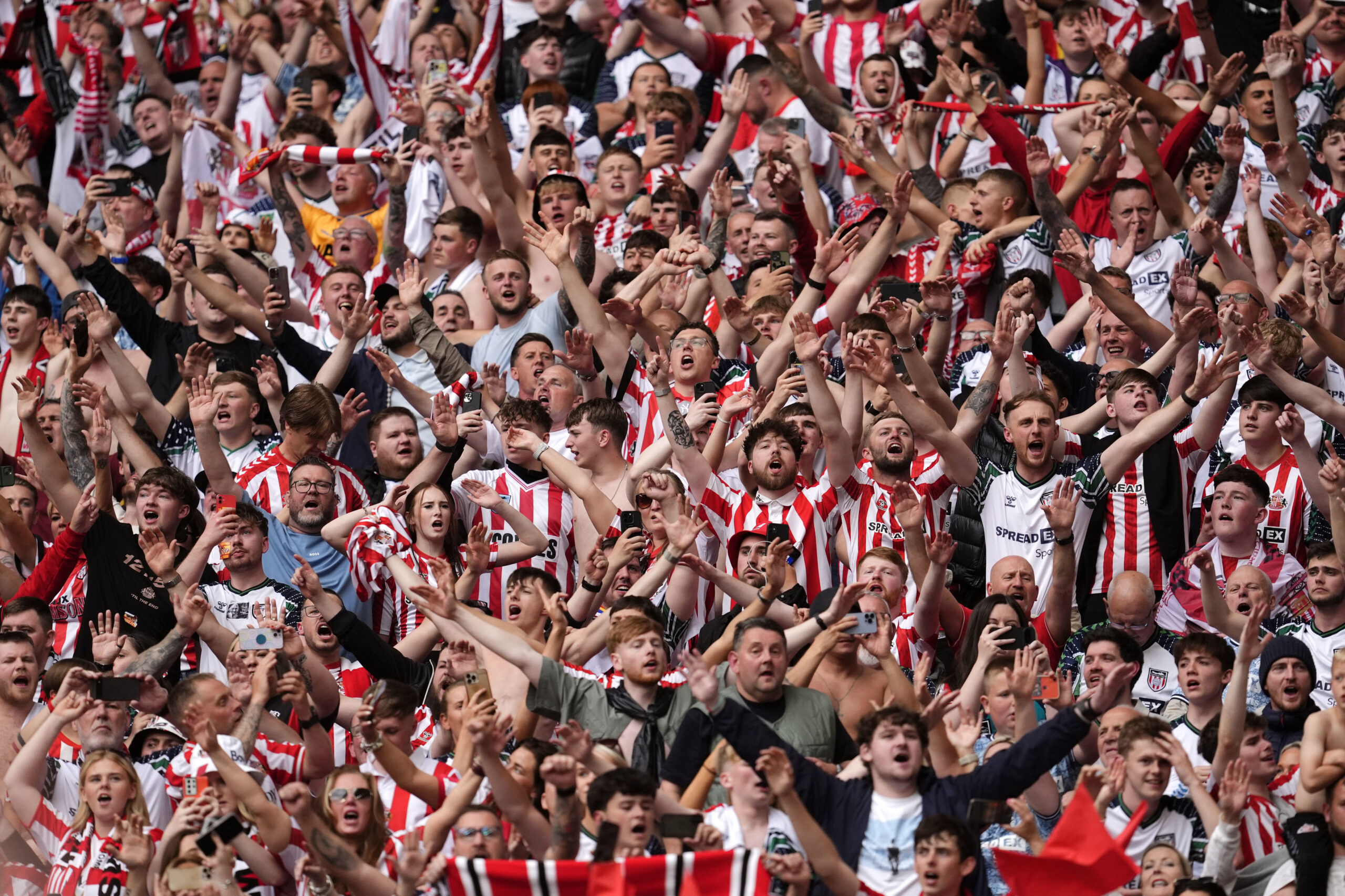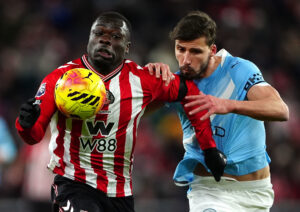The term “luxury player” is usually reserved for maverick, skilful, unpredictable and at times utterly brilliant players, who can either turn a game in your favour, or leave you feeling like your side is playing with ten men. It’s not often that you find yourself thinking of a goal scorer in such terms. In fact, over the years, goal scoring, traditional number nines have tended to be universally loved players, worth their weight in gold, loved for their predictable ability to find the net.
Why then do I increasingly feel like the biggest luxury in our team is our only striker with any sort of Premier League goal scoring pedigree? In theory, Steven Fletcher would be the man you build a team around, not one to think about taking out of the equation altogether. After a poor run of form last season, when he struggled in front of goal, it was hoped that a return to full fitness this term would iron out some of the issues that were blighting his game. Indeed, during pre-season there was evidence to suggest the old Fletcher was back. Having returned to training early this summer he looked sharp, lean and lethal during the summer friendlies, his performances epitomised by a goal of real opportunism and endeavour against Real Betis.
With that in mind, it was no surprise there were high expectations of him ahead of the season opener at West Brom. Even allowing for the fact that it was the first match of the campaign, what we witnessed was last season’s Fletcher, rather than one who scored for fun in his first few months at the club and while it may be early days for the season, is it for Fletcher? This is not his first game in red and white, or under the auspices of Gus Poyet, and worryingly there appears to be a trend forming that the summer has shown little sign of altering.
If fitness is no longer the issue, then perhaps it’s time to seriously consider that it might be the player’s ability to function in Sunderland’s new tactical setup. The style of football Gus Poyet employs is a far cry from that employed by Martin O’Neill, whose Sunderland got the best out of Steven Fletcher for a time, as he was initially irrepressible in front of goal. Injuries took their toll on his maiden season and now it looks like a tactical shift may also prove to be problematic for the Scottish international. There will be far fewer crosses for him to thrive on and with Poyet aiming to play a possession based game Fletcher simply must offer more with his back to goal. Unfortunately, he has yet to look remotely comfortable in the role bestowed upon him.
Funnily enough, Fletcher’s case is not a unique one, with others of his ilk struggling to adapt to the modern football world. Although he was prolific just a season and a half ago, the shape of Premier League football as shifted dramatically in just the last two to three years. Often for clubs at our level, the O’Neill way was king, but with the rise of Swansea and subsequently Southampton, there has been a sea change in the way teams build up play in the lower echelons of the Premier League. This has led to out and out goal scoring strikers becoming expensive commodities clubs simply cannot afford and not just in terms of price tag.
It’s not only at the bottom either, with Javier Hernandez at Manchester United looking a spent force of late. As a lone striker he’s almost useless, and even now as part of a front two, a lack of goals and form appear to have taken their toll. It’s difficult to see where he’d fit in around even the lower half of the Premier League now, despite his reputation for being a prolific goal scorer. Another example, with ties a little closer to home is Darren Bent; once a hero on Wearside, he cost Aston Villa a huge amount of money to take him to the Midlands. Since then, he’s been passed from pillar to post with Paul Lambert opting to build his side around the physical, technical presence of Christian Benteke. Then there’s Papiss Cisse at Newcastle, who started on fire but has since seen his form and performance levels dip dramatically; a lack of presence and an inability to hold the ball up have cost him and his team dearly.
Asked to play the lone striker role, old school number nines of this ilk appear to be finding it extremely difficult to adapt to the rigours and expectations placed upon them as the tactical landscape shifts around them. They’re in the side to score and when they don’t – which none of those mentioned are at present – then they offer very little else. This in turn makes it difficult for the rest of the team to function effectively. Focusing on Fletcher, it is telling that during his time at Wolves the far from prolific Kevin Doyle was often given the nod over him when Mick McCarthy opted to utilise a lone striker. Doyle had qualities that Fletcher didn’t, proving to be more of a handful for centre backs and with unselfish movement off the ball. Goal records and statistics don’t always tell the full story.
That said, it is early days and perhaps Fletcher deserves the benefit of the doubt for his weekend showing, given the number of players out of their comfort zone, being utilised in positions fairly alien to them. Add to that an off the pace Jack Rodwell and the net effect was a team that malfunctioned for large chunks of the game. However, while Fletcher is one of those individuals who will have suffered from the lack of coherence around him, a better showing was needed from him. Added to that, Connor Wickham was essentially shunted out to the left to make room for him and given this opportunity to impress ahead of his young rival, he singularly failed to. Indeed, Wickham looked uncomfortable on the wing, but still offered more there than his Scottish teammate did in his preferred position.
Although Fletcher may not quite be the luxury Stephane Sessegnon became to the transfer tag team of Paolo Di Canio and Roberto De Fanti, there are question marks over his long term future at the club. It will be interesting to see if he stays beyond the transfer window – which looks likely – what his role might be. A lot will depend on Connor Wickham’s contract situation and Jozy Altidore’s ability to bounce back from a tough first season at Sunderland, but if Fletcher continues playing as he did at the Hawthorns, his omission from the team will not be a long time coming.
Craig Clark










